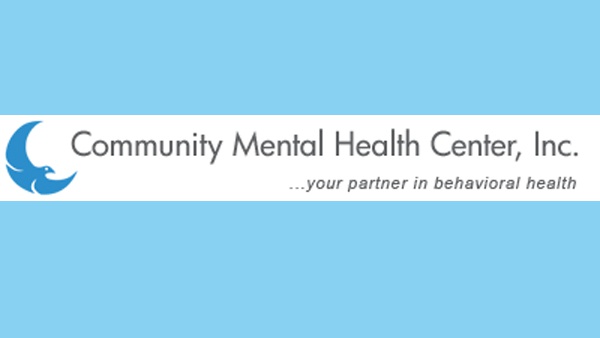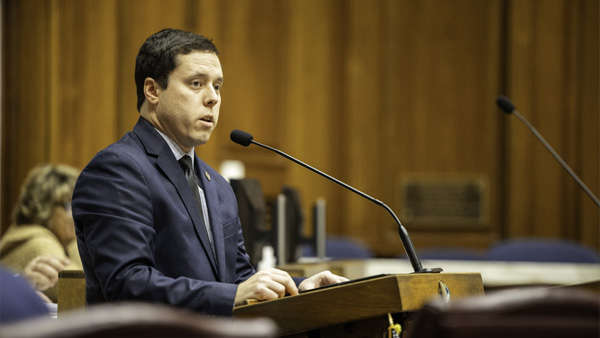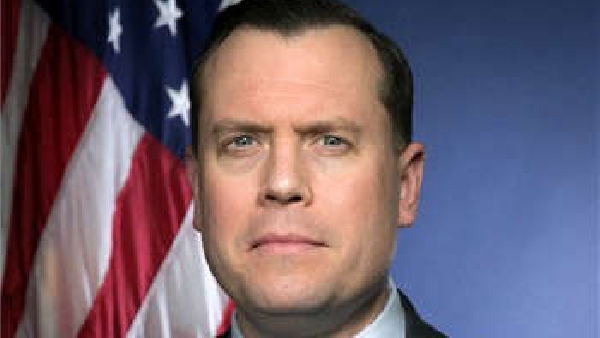Recognizes March as National Problem Gambling Awareness Month

Lawrenceburg, IN, March 1, 2023 – Community Mental Health Center, Inc., with the National Council on Problem Gambling, recognizes March as National Problem Gambling Awareness Month. This year’s campaign continues with the theme “Celebrating 20 Years.” Goals of this campaign include increasing public awareness of problem gambling and the availability of prevention, treatment & recovery services, as well as encouraging healthcare providers to screen clients for problem gambling.
Problem gambling includes all gambling behavior patterns that compromise, disrupt, or damage personal, family, or vocational pursuits. About 2 million adults in the United States (1% of the population) are estimated to meet criteria for severe problem gambling. Another 4 million to 6 million (2%-3%) meet the criteria for mild or moderate problem gambling. For many, problem gambling remains a hidden addiction.
Statistics indicate consumers spend billions of dollars annually on legal gambling in the U.S. At the same time, the social costs of problem gambling total in the billions of dollars every year. Social costs include addiction, bankruptcy, and related criminal activity.
For many, gambling is a fun diversion, but for a few, gambling can develop into a serious life-altering problem. According to the National Council’s website, “It is important to recognize that most people can gamble without negative consequences. A small percentage, however, of persons who gamble suffer enormous social, economic and psychological implications. Individuals, families and communities all suffer from problem gambling.”
The annual NCAA college basketball tournament is entertaining for many and also represents a huge gambling interest for many. As March Madness reaches a crescendo, with billions of dollars in bets placed on the NCAA championship games, calls to the National Problem Gambling Helpline (1-800-522-4700) spike during the month.
Would you recognize a gambling problem in someone you know? Signs of problem gambling include: argumentative and defensive behavior around gambling; unexplained absences for long periods of time; lies to loved ones about gambling behavior; going without basic needs in order to gamble, and borrowing money to gamble.
Problem gambling is not a bad habit or a moral weakness. It’s a serious condition that responds well to treatment. Anyone can develop a problem with gambling. It can affect men or women of any age, race, or religion, regardless of their social status.
Some risk factors, individually or in combination, might make a person more vulnerable: A stressful life event, such as the death of a loved one, divorce, job loss, injury/disability; an early big win while gambling; pre-existing mental health problems such as depression, anxiety, or alcoholism, or family history of addictions such as alcoholism, compulsive gambling and drug addiction.
For more information, contact Community Mental Health Center, Inc., at (812) 537-1302, or contact the National Council on Problem Gambling at (800) 522-4700. Community Mental Health Center provides treatment services for problem gambling. For information on Indiana gambling treatment resources, contact the state’s problem gambling referral line at 1-800-9-WITH-IT (994-8448). To find out about meetings of Gamblers Anonymous and Gam-Anon, call (866) 442-8621. Information on the Internet can be found on the National Council of Problem Gambling’s website at www.ncpgambling.org.
All CMHC services are provided without regard to race, religion, disability, gender, color, age, national origin, ancestry, ethnicity, sexual orientation, political belief, status as a veteran, or any other characteristic protected by federal, state or local law.

 Zimmerman's Bill to Hold Unlicensed Drivers Accountable Moves to Governor's Desk
Zimmerman's Bill to Hold Unlicensed Drivers Accountable Moves to Governor's Desk
 State Rep. Bascom's Bill to Strengthen Immigration Enforcement Moves to Governor
State Rep. Bascom's Bill to Strengthen Immigration Enforcement Moves to Governor
 Ky Attorney General Urges Congress to Protect Kentuckians' Access to Fair and Transparent Drug Pricing
Ky Attorney General Urges Congress to Protect Kentuckians' Access to Fair and Transparent Drug Pricing




